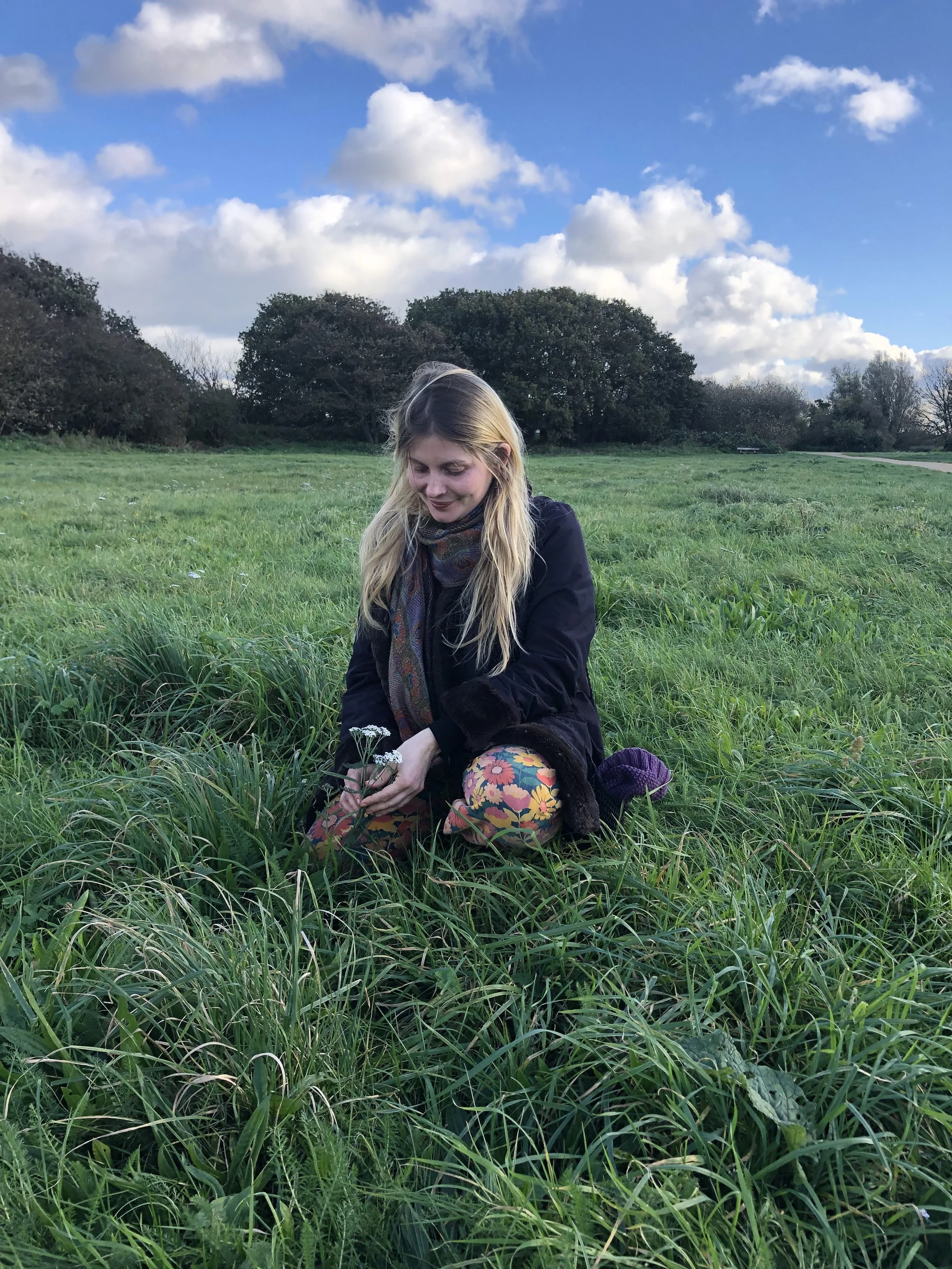Home cooking with heart - Julia's World Kitchen
Julia Shapp knows a thing or two about migration and inclusion. Her family migrated from the Soviet Union to Canada when she was just a baby, so she grew up speaking Russian and Ukrainian. She says: “Toronto is such a melting pot of migrants. I lived alongside people who all look different but are part of the same community. We all felt a strong sense of belonging there.”
Julia had already been living in the UK for 20 years when the UK government allowed a visa system for displaced people due to the war in Ukraine. She and her family were perfectly placed to sponsor two Ukrainian families and help them find their feet in the UK – particularly with Julia’s Ukrainian language skills. She explains: “The whole experience made me realise how much red tape there is from arriving in the country to settling and joining the community. I learnt so much through the process of assisting the families, and wondered whether there were other communities I could help.”
This led Julia to the Bournemouth-based charity ICN (International Care Network) where she worked as a volunteer. The charity helps refugees and asylum seekers to integrate and settle in the UK by providing them with the skills, support and advice they need. Julia helped at the Tuesday group for women; a safe space where they could chat, learn English and ask questions. Every six weeks, the women would cook a traditional dish from their home country and bring in to share. Julia says: “It was delicious! There were sometimes twenty or more dishes – many from Syria, Afghanistan and Kurdistan at the time. I’d be so excited to taste them and ask what spices they used, I’d be taking pictures and getting recipes. Food is a great way to get everyone talking and sharing.”
Another part of Julia’s volunteer work at ICN was teaching a class on how to find work in the UK. She helped the women to write their CVs, apply for jobs and get an interview. However, it wasn’t so easy. “You soon realise that many of these women don’t have traditional qualifications”, Julia explains. “Some weren’t able to finish school, others came from difficult circumstances that kept them from working, many spoke poor English. Even with my help, it was proving very difficult to find work.” She also noticed that in contrast to her native Toronto, the diverse population of Bournemouth felt quite segregated and could benefit from a stronger sense of community.
Julia got to thinking about how she could help these women. They needed work experience to put on their CV, and one thing a lot of them were good at was cooking. She had a seedling of a plan!
Empowering women, fostering community
Julia began asking some of her migrant friends to cook with her at home, and invited guests to come and enjoy the food in exchange for a donation. Julia’s World Kitchen supper club was born in January 2024. Each week, twelve dinner guests enjoyed a tasty, traditional home-cooked meal in exchange for a donation. The chef got a bit of money, work experience and a reference for their CV – and undoubtedly a huge confidence boost to see everyone enjoying their food. In addition, if the chef cooked more than twice, Julia helped them to get their Level 1 Food Hygiene certification – another tick for their CV.
The supper clubs were an instant hit, and Julia realised that she had to set up as a proper business rather than a donations charity. It was clear that there was a demand to feed many more people than could sit round her table, so Julia started a food delivery service. Each week a different migrant woman cooks a menu from their country, and it is delivered to households across Bournemouth and Poole. It’s a chance for people to try an exciting new cuisine once a week, and enjoy a healthy, fresh and affordable homecooked meal.
Julia says: “Whether the food is Middle Eastern, Southeast Asian or Eastern European, every dish is made from the heart with traditional recipes that have been passed down through generations. I work with each chef to create a menu tailored to my audience and budget, then source all the food locally.” She adds: “As everything is cooked from scratch, we quite often cook from 6am right up until late afternoon when the food is delivered. It’s hard work, but fun. There is much to learn and share. I’ve met so many fabulous women, and they are rightly proud of their food. It really comes out in the taste.”
Some customers order a meal every week regardless of the cuisine or chef, and others dip in and out based on the menu and their dietary preferences. One happy customer reports: “The Feijoada was like nothing I’ve tried before, so rich in flavour and some of the best comfort food I’ve ever had. I especially loved the numerous homemade side dishes that made this feel like a very special meal.” Another writes in their review: “We have tried Polish pierogi, Turkish karniyarik and authentic Indian curries over the last few weeks. They were all delicious, delivered and packed beautifully and most importantly have given us inspiration to try new dishes. We can’t wait for the next experience.”
Growing community
As more people are hearing about Julia’s World Kitchen – and tasting the incredible food that comes out of the kitchen – the business is growing organically. Demand means that Julia is looking to extend the delivery radius and perhaps do more cooking days each week. She and her chefs are also being asked to do more private catering, corporate events, parties and restaurant guest pop-ups. The style of food lends itself brilliantly to big family gatherings or feasting tables at parties.
Julia says: “Now that we are getting busier, I’ve had to rope in my entire family. One of my daughters does my social media and the other two help with events. My husband helps me with the weekly meal deliveries and has been known to chop six kilos of onions the night before cooking starts – what a hero!”
Julia is keen to grow the community and bring more countries, cultures and food to local tables. Ever the feeder, Julia says: “If there is an appetite for more, I will serve more.”
juliasworldkitchen.com
This article was first published in the May 2025 edition of Dorset Magazine.







